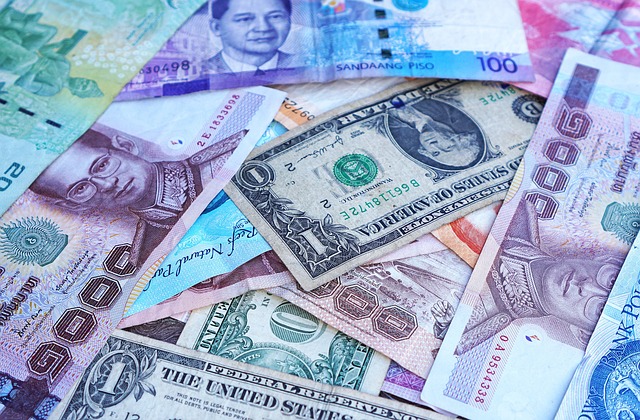Currency in Thailand

Currency in Thailand: Understanding the Baht and How to Use It
Thailand is a popular travel destination known for its stunning beaches, rich culture, and delicious cuisine. If you're planning a trip to Thailand, it's important to understand the local currency so that you can navigate your expenses and make the most of your trip.
The Thai Baht
The currency used in Thailand is the Thai Baht (THB). The Baht is divided into 100 satang. Coins come in denominations of 25 satang, 50 satang, 1 Baht, 2 Baht, 5 Baht, and 10 Baht. Banknotes come in denominations of 20 Baht, 50 Baht, 100 Baht, 500 Baht, and 1,000 Baht.
Exchange Rates
The exchange rate for the Thai Baht varies and can fluctuate based on a number of factors. It's always a good idea to check the current exchange rate before you travel so that you have an idea of what your money is worth in Thai Baht. You can find the latest exchange rates online or through your bank or financial institution.
Where to Exchange Currency
You can exchange currency in several places when you arrive in Thailand, including:
- Banks
- Currency exchange booths at airports and tourist areas
- Hotels
It's important to compare exchange rates at different locations to find the best deal. Keep in mind that exchange booths in tourist areas may have higher fees and offer less favorable exchange rates than banks. It's also a good idea to bring a small amount of Thai Baht with you when you arrive in case you need cash for transportation or other immediate expenses.
Using Credit and Debit Cards
Credit and debit cards are widely accepted in Thailand, especially in tourist areas and major cities. However, it's always a good idea to have some cash on hand in case you need to make a purchase in a more rural or remote area. Before you travel, be sure to check with your bank or credit card company to find out about any fees or restrictions for using your card in Thailand.
Tipping in Thailand
Tipping is not as common in Thailand as it is in other countries, but it is appreciated in some circumstances. For example, you may want to tip hotel staff, restaurant servers, or tour guides if you receive good service. Tipping is generally done in Thai Baht and the amount is up to your discretion.
Conclusion
The Thai Baht is the currency used in Thailand, and it's important to understand it so that you can navigate your expenses while you're there. Whether you're exchanging currency, using a credit or debit card, or tipping, this guide will help you feel confident and prepared for your trip to Thailand.